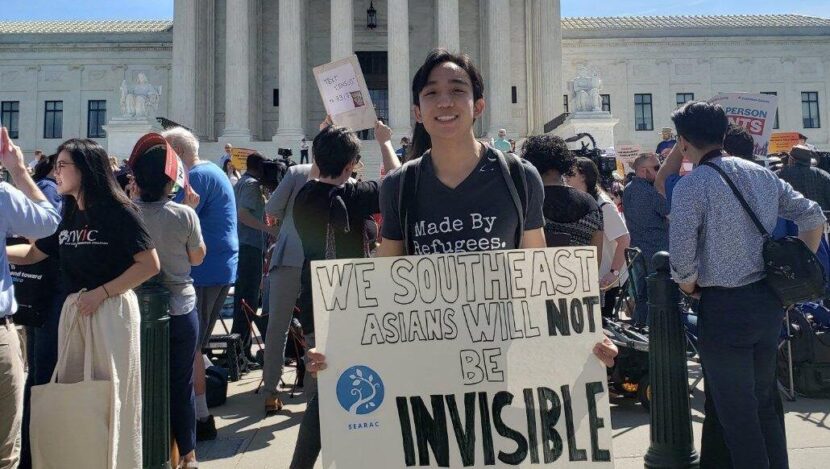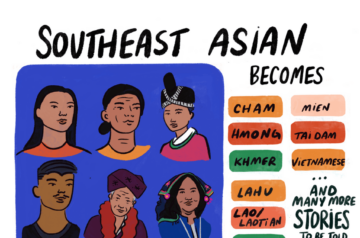Data have the power to reveal—and to conceal.
Schools, government agencies, mainstream media, researchers, and other institutions often lump Southeast Asian Americans together with all other Asian Americans.
But aggregating this data renders Southeast Asian Americans invisible. It promotes the myth of a thriving “model minority.” It masks educational, health, and other disparities that are unique to the Southeast Asian American refugee experience, which for many include the traumatic experiences of war, genocide, and displacement.
In addition to data disaggregation, our data equity advocacy seeks to improve the quality of and access to data, so that policies and programs can address different community needs effectively.
Our communities have a right to see themselves in data. Their futures depend on it.
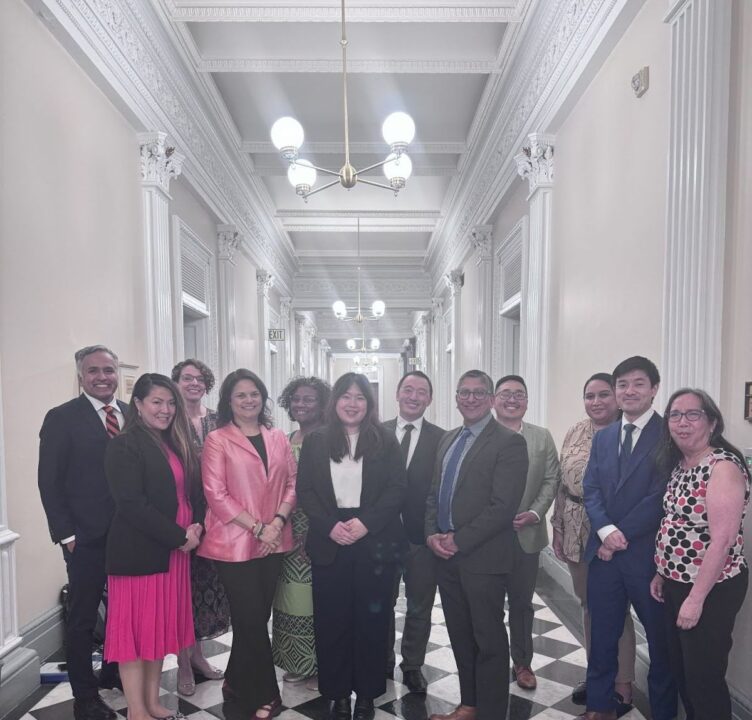
Featured News Story
Building Momentum on Federal Data Equity: NCAPA & Partners Mark Key Actions on SPD 15 Implementation
By NCAPA partners, including SEARAC Asian American (AA) and Native Hawaiian and Pacific Islander (NHPI) advocates applaud Congressional Asian Pacific American Caucus Chair Judy Chu, Senator Mazie K. Hirono,…
Read full blogBy the numbers
of Southeast Asian Americans (SEAA) in California have not completed high school or passed the GED, more than double that of Asian Americans as a whole.
states currently disaggregate Southeast Asian American student data: Hawaii, Minnesota, New York, Rhode Island, and Washington.
Vietnamese women earn 59 cents for every dollar white, non-Hispanic men make. Asian American, Native Hawaiian, and Pacific Islander (AANHPI) women as whole make 80 cents for every dollar white, non-Hispanic men.
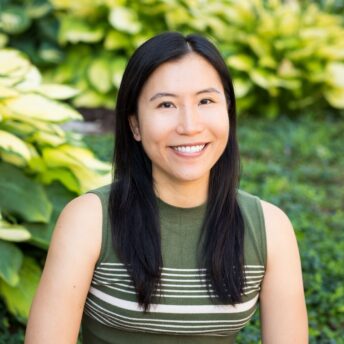
“Southeast Asian Americans (SEAAs) experience unique health inequities due to our experiences with war, genocide, and displacement. For example, heart disease and cancer are the leading causes of death for SEAAs in California, potentially linked to toxic chemicals used during the violence in Cambodia, Laos, and Vietnam. Almost half of SEAA Californians are limited English proficient and experience linguistic and cultural barriers to accessing care. Community leaders and policymakers need disaggregated data in order to identify disparities various populations face and create evidence-based solutions that improve health outcomes for all.”
California Deputy Director, SEARAC

“When student data is not disaggregated by ethnicity, education agencies and providers are ill-equipped to evaluate information that accurately represents the needs and outcomes of students from distinct ethnic backgrounds.”
2022 Policy Intern, SEARAC
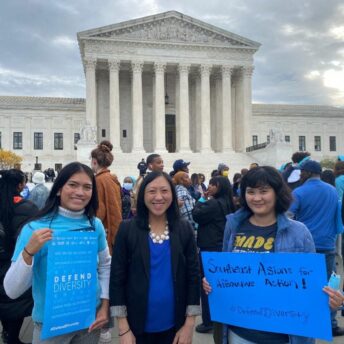
“Aggregating SEAA ethnoracial identities into a lump ‘Asian American’ category does a huge disservice to the unique experiences and challenges that each of these communities faces. SEAA refugees and their descendants have different historical backgrounds, cultures, and challenges that are made invisible by the label of Asian American. SEAA communities face trauma from US involvement in the Vietnam War, political persecution, and genocide.”
Co-author of our “Equity at the Center” policy brief with Joint Center

